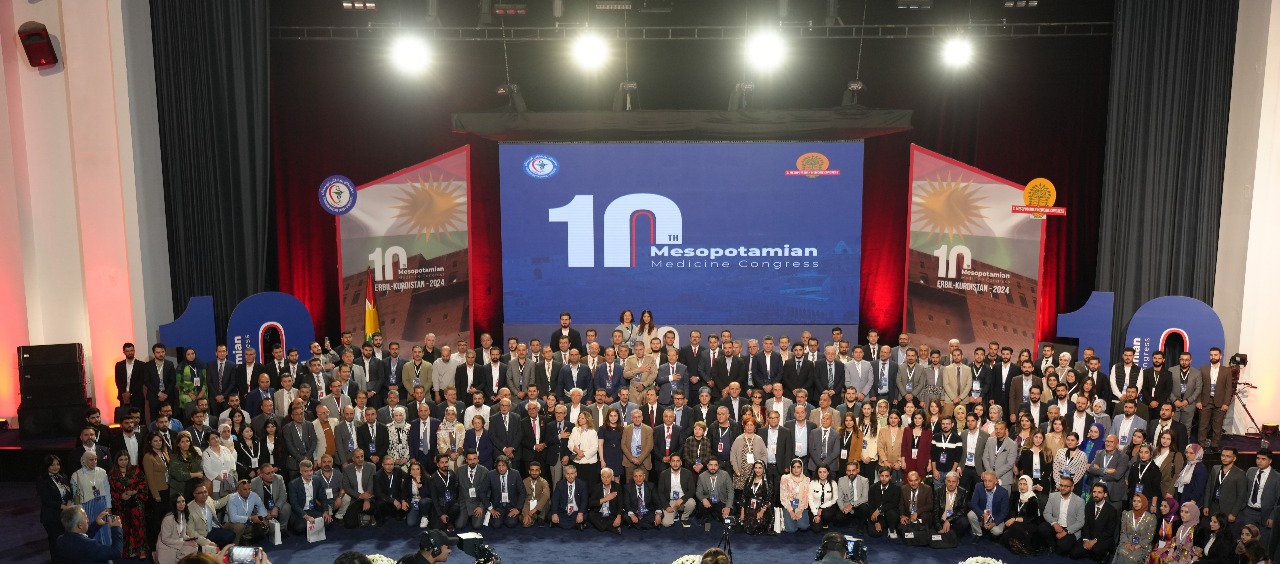About Us
Understanding our mission and the journey that brought us together

The history of the Kurdish people has been marked by centuries of fragmentation.
The Kurds lack national consciousness. Even now, in the 21st century, the Kurds have not managed to become a nation.
The states that divided up the land of the Kurds among themselves after World War I, with the help of the victorious European powers - contributed to this state by doing everything to prevent the development of a national consciousness. With centuries of experience in state leadership, they understood exactly how to prevent the unification of the Kurds.
In addition to the feudal structures in Kurdish society, they exploited religious differences in order to prevent unification using the principle of "divide and rule."
Thus, the Kurds numbering about 45 million people, are the largest people in the world without their own state. They are divided, expelled, enslaved, and turned against their own people. As the Turkish sociologist Dr. Ismail Besikci says, "The Kurds do not even have the status of a colony. The colonies are considerably better off than the Kurds because they have their own land with their own borders, their ethnicity, their language and their culture accepted and officially recognized, which is not the case with the Kurds."
In the 21st century, it should be possible for academic and intellectual Kurds to come together for professional exchange and cooperation without political goals.
Doctors are best suited for this because of the nature of their profession, as they are required to stand up for the preservation and restoration of human health without distinction of religion, nationality, race, party affiliation, or social position.
Based on this principle, we convened in 2008 with several colleagues to determine whether we could organize a purely scientific, professional congress among Kurdish doctors. The goal was to invite Kurdish doctors from all parts of Kurdistan and around the world, as well as those living in regions mainly inhabited by Kurds in the Middle East.
As a group of about 10 doctors from Europe and from Northern Kurdistan, we travelled to the Kurdistan Region of Iraq (KRI) and met with the medical associations in Duhok, Erbil, and Sulaymaniyah.
After exchanging ideas, we agreed to organize the first medical congress under the name "Mesopotamian Health Days." We deliberately chose the term Mesopotamia in order to integrate all the ethnic groups that have been living together in the region for centuries and even millennia.
To date we have held ten Mesopotamian Medicine Congresses throughout the region and the world.
